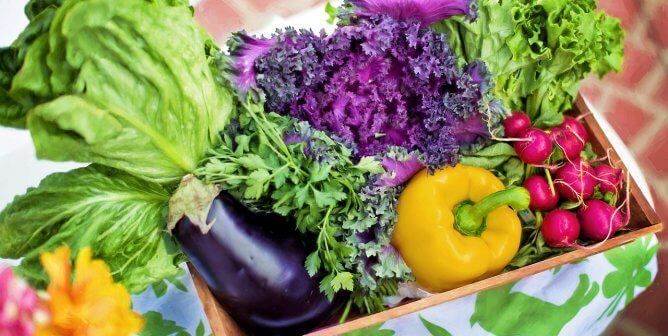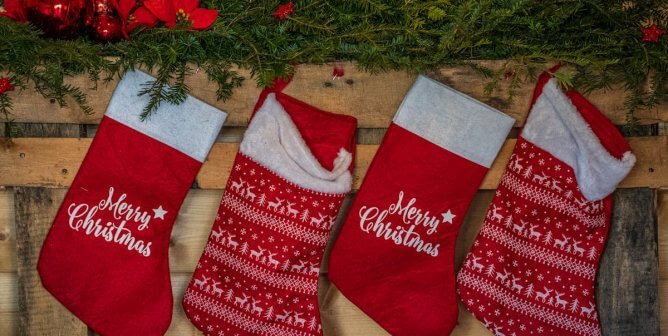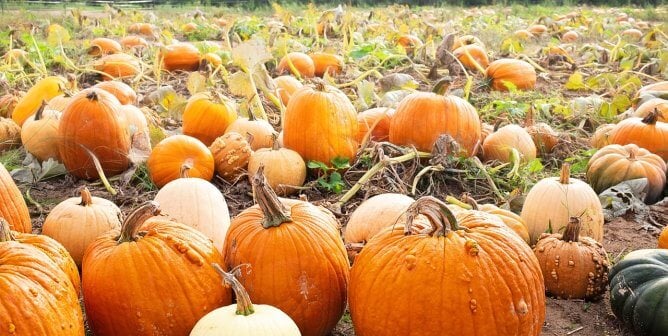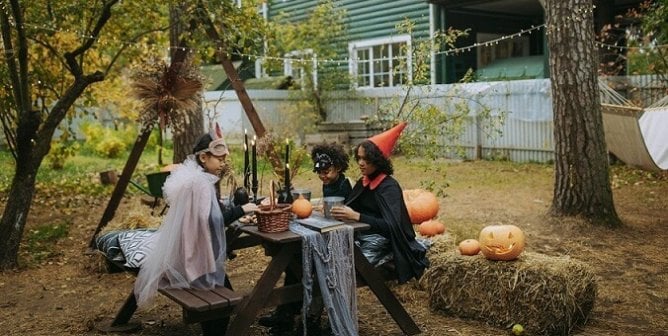The holiday season is the ideal time for cozying up with your dog or cat, but many common decorations can be dangerous for both animal companions and wildlife. Luckily, it’s easy to choose festive decor while keeping the animals in your home safe and protecting wildlife. Follow our tips below to find out what to avoid. Also, discover ways to include your animal companions in the celebrations and respect local wildlife.
Christmas
Christmas Tree: Live trees have sharp needles that can damage eyes, puncture skin, or cause intestinal blockages. Plus, fir tree oils can irritate the mouth and stomach, so it’s best to choose an artificial tree instead. Live trees also require water, which can be attractive to dogs and cats but can contain poisonous preservatives, pesticides, and fertilizers. A tree can fall over and cause serious harm to animals, so be sure to anchor yours to a wall or ceiling in order to prevent accidents. It’s also best to choose a small or medium-sized tree under 7 feet in height, because it’s less likely to hurt animals if it does fall over. Be sure to look into other ways to cat-proof your Christmas tree, which can apply to dogs, too.
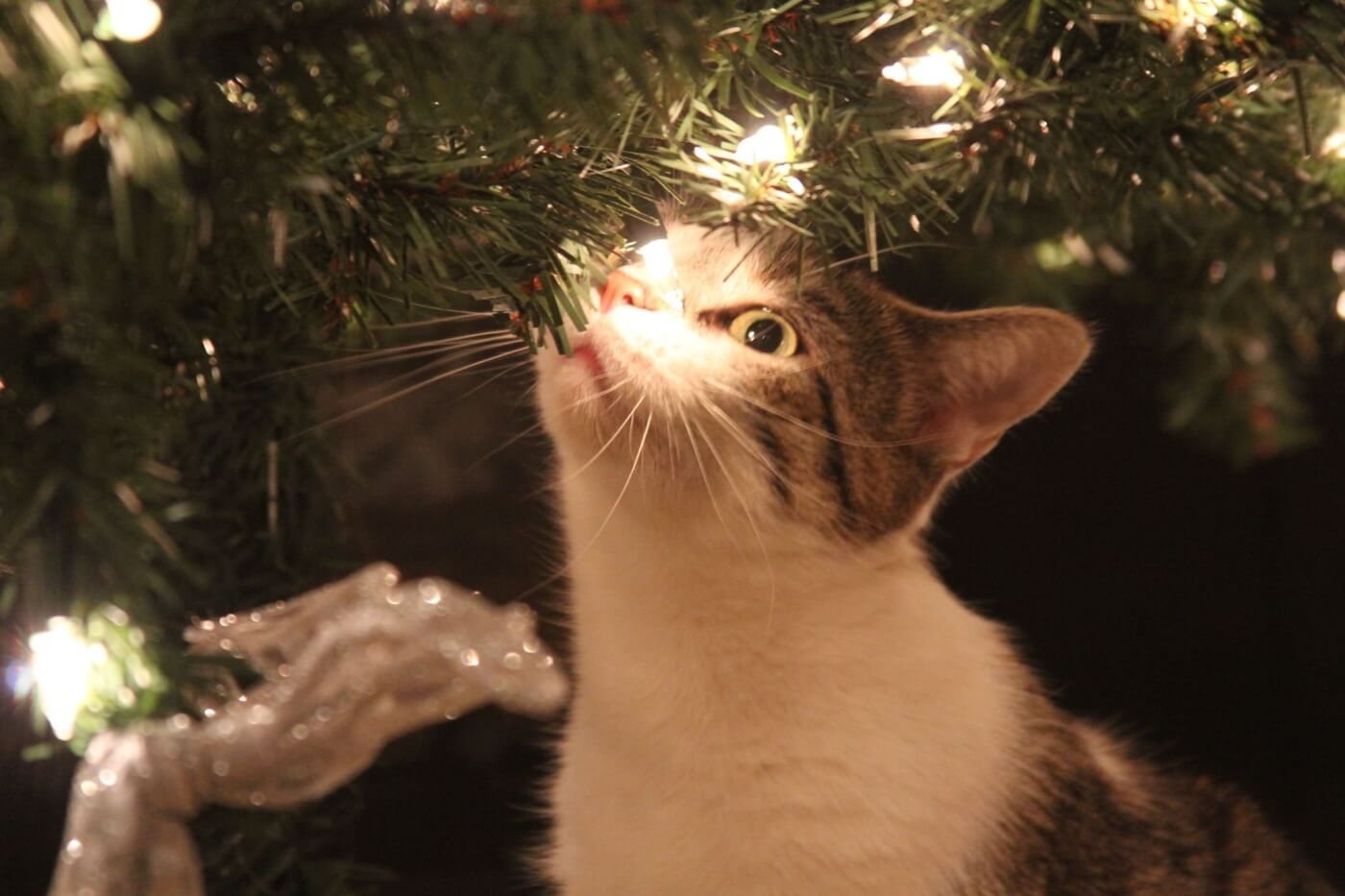
Lights: Cats and dogs might be tempted to chew on light strings and cords, so be sure not to string them along the bottom of the tree. Tape any cords to the wall or floor, or use cord protectors and unplug tree lights when you’re sleeping and before leaving the house or any other time when your cat or dog might be unmonitored.
Ornaments: Don’t hang fragile or edible ornaments or use them only near the top of the tree, where animals can’t accidentally knock them off and ingest broken pieces. Unbreakable ornaments that aren’t shiny and that are made of wool- and silk-free fabrics, paper, or wood are good options that animals are less likely to find attractive. It’s also important to avoid wire hooks, which can easily fall off ornaments and puncture your animal’s digestive tract if ingested. Instead, secure ornaments to branches tightly with short strands of string or ribbon and check the floor for them regularly, since string can also be hazardous.
Garlands: Avoid tinsel and other string-like decor (such as popcorn strands), which cats and dogs can get tangled in, causing serious injury or even death. Cats especially might be enticed by tinsel’s toy-like appearance, but if ingested, it can get stuck to tongues or teeth and even create a dangerous obstruction in the intestines that often requires surgery.
Tree Skirts and Stockings: Choose wool-free options for your tree skirt and stockings so that you can celebrate the holidays knowing that you didn’t contribute to the suffering of sheep. Fabrics like cotton, polyester, linen, and burlap are a few great options.
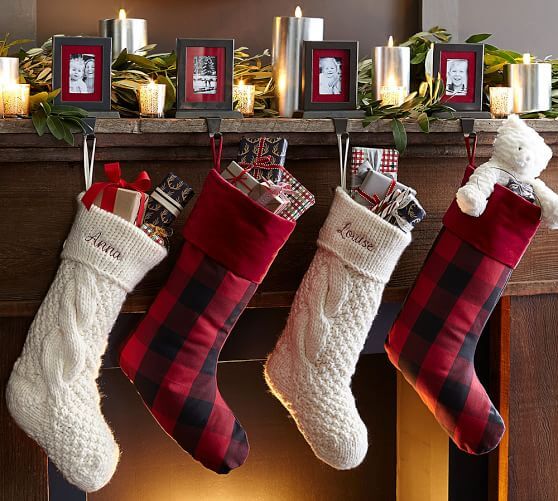
Food: Rather than leaving out bowls of candy or platters of cookies, which contain toxic ingredients for animals, set out a bowl of vegan dog treats. You can also store your cookies and candies in a festive jar, which doubles as additional decor and keeps food fresh.
Plants: Many common holiday plants are toxic to cats and dogs, so be sure to check which ones are safe before bringing them into your home. If you suspect your animal companion may have eaten any toxic plant, call the Pet Poison Helpline and seek veterinary care immediately. The following are some dangerous plants:
- Mistletoe: Place it out of reach or don’t use it at all. If ingested, it can cause gastrointestinal upset, including drooling, vomiting, diarrhea, and abdominal pain as well as abnormal heart rate, seizures, difficulty breathing, low blood pressure, and even death.
- Holly: It may look festive with its red berries and glossy leaves, but it can cause vomiting, diarrhea, mouth pain, and excessive drooling if ingested.
- Lilies: These flowers are especially toxic to cats and can cause kidney failure in even small amounts. Even exposure to the pollen or vase water can be lethal.
- Amaryllis, daffodils, and poinsettias: These plants can cause diarrhea, vomiting, and skin irritation.
Instead, choose animal-safe options such as artificial plants (not made of silk or wool), red roses, white orchids, Christmas cacti, and achira.

Outdoors: String lights, particularly when loosely draped over bushes or shrubs, can be dangerous to wildlife. Deer antlers especially can be easily caught in the lights, becoming a hazard both to animals and any humans who may attempt to help them. After a buck in Northern California got tangled in Christmas lights, Marin Humane Society rescuers stated that it would be too dangerous to try to remove them. Instead, they decided he’d have to wait until his antlers shed, which could take several months before he’d be free of the annoyance.
If you use outdoor lights, be sure to hang them high off the ground and secure them tightly to your home so that animals, including deer and birds, cannot become tangled. Take your lights down after New Year’s Day to minimize the risk of accidents. You can also decorate outdoor trees with edible treats that wildlife can eat, such as cranberry and raisin garland, pine cones covered with peanut butter and rolled in birdseed, or dried oranges and apples. Use natural materials such as twine and raffia to make bows, or create a wreath from local evergreens, seeds, pods, berries, nuts, fruit pieces, acorns, and pinecones.
Hanukkah
Celebrate an animal-friendly Hanukkah by choosing vegetable-wax candles or flameless LED candles for your menorah, instead of those that contain beeswax and other animal-derived ingredients. Real candles can pose a risk of burned whiskers and tails, so always monitor your animals around open flames or choose flickering flameless candles instead. Our guide to a vegan Hanukkah can help you plan the rest of your celebration.
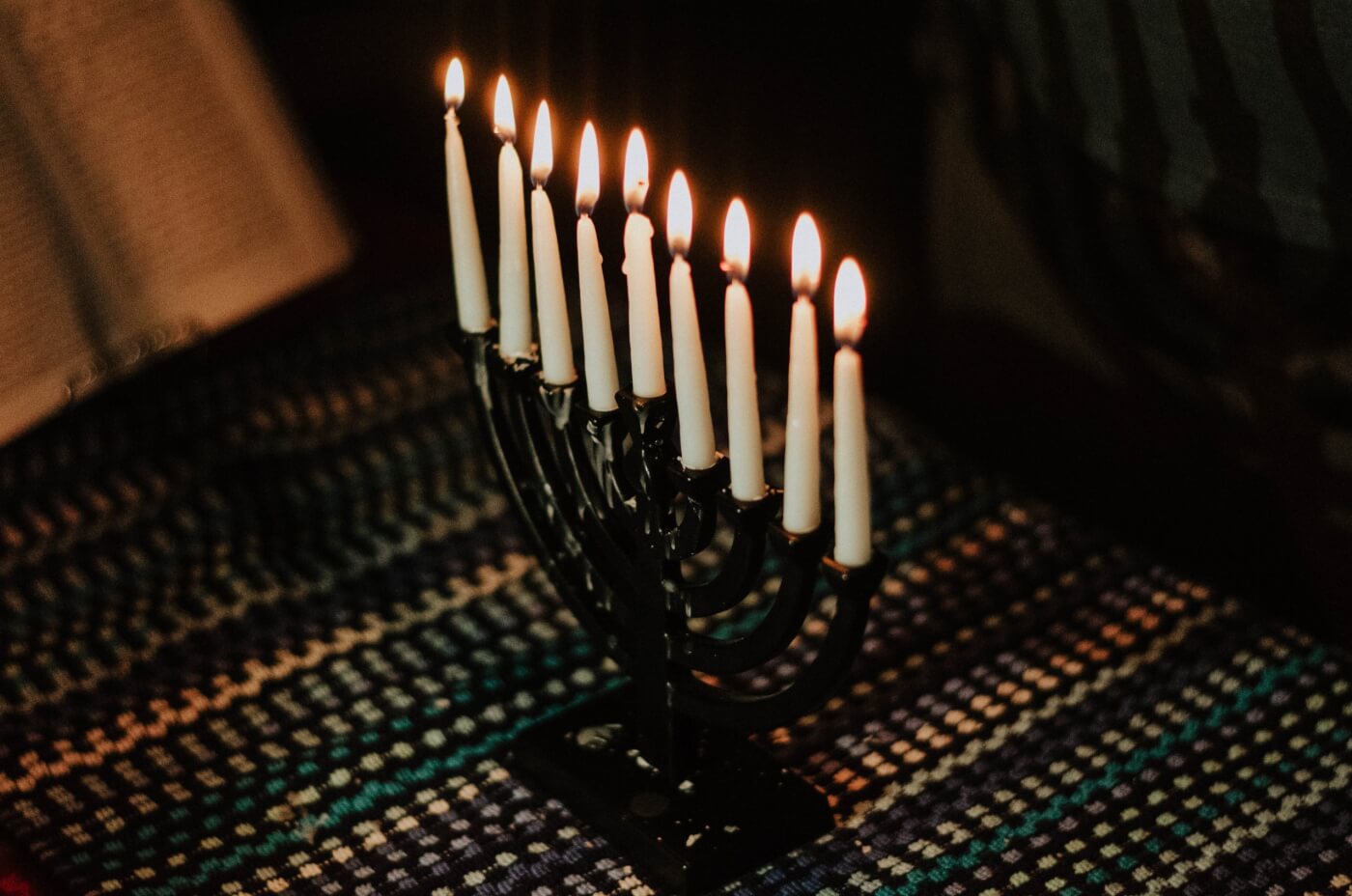
Kwanzaa
Decorate your vegan Kwanzaa feast with a mkeka mat made from straw or paper, decorate with ears of corn, and use a wooden kinara with seven vegan candles in red, black, and green. Again, always monitor animal companions around lit candles or choose flameless battery-powered options instead.
When you know your animal companions and wildlife neighbors are safe and secure, you can enjoy the holidays even more. For more ways you can protect animals year-round, see PETA’s tips for living in harmony with wildlife and caring for your animal companions. Of course, the best way you can help animals is by going vegan!
PETA is a participant in the Amazon Services LLC Associates Program, an affiliate advertising program designed to provide websites with a means to earn advertising fees by advertising and linking to Amazon.com.
Text VEG to 73822 to get the latest vegan lifestyle tips, recipes, and urgent action alerts texted right to your phone.
Terms for automated texts/calls from PETA: https://peta.vg/txt. Text STOP to end, HELP for more info. Msg/data rates may apply. U.S. only.



